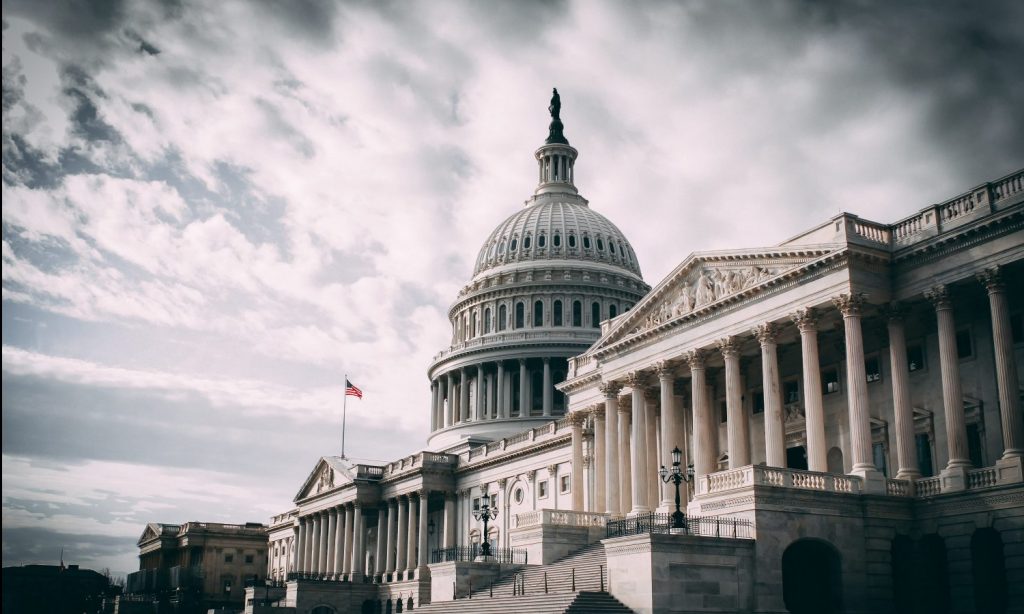Advocacy groups such as Minorities for Medical Marijuana see the MORE Act as continuing to create barriers for those affected by the Drug War.
A milestone was reached in cannabis reform on December 4 when the U.S. House of Representatives passed the Marijuana Opportunity Reinvestment and Expungement (MORE) Act. But don’t get too excited.
The bill includes a series of reforms for the industry and those affected by the ongoing drug war. Headlined by the removal of cannabis from the Controlled Substances Act, the MORE Act would also expunge past federal marijuana convictions. Additional parameters would see the creation of an office of cannabis justice to oversee resource allocation to communities most affected by the drug war.
For businesses, the MORE Act would allow for more access to the Small Business Administration (SBA) while creating grants for equity license opportunities. The bill also aims to expand access to veterans while ensuring that cannabis use is not a factor in a person’s immigration proceedings.
While 68% of Americans support cannabis reform, the act’s vote saw clear party division, with five Republicans supporting the act and only six Democrats opposing. The vote saw 39 abstentions, resulting in a 228-164 vote.
The MORE Act is all but assuredly dead on arrival in the Senate, where Majority Leader Mitch McConnell is seen as a deterrent to any further progress during the 116th Congress.
Largely symbolic, the bill is still being heralded as a milestone win for cannabis reform.
In a Friday email, the National Organization for the Reform of Marijuana Laws (NORML) said the decision was “huge,” noting it had been decades since Congress had revisited federal legislation.
In a press release, the co-founder and CEO of the National Cannabis Industry Association (NCIA), Aaron Smith, said the win cannot be overstated. “This vote stands as a rebuke of failed and harmful prohibition policies, and represents a growing understanding of their racially and economically disparate impacts,” he said.

The House passage was not supported by all in the cannabis space. Changes approved the Monday prior to the vote soured support among certain advocates and business leaders. Of the several changes included was an option for federal regulators to prevent the formerly incarcerated from obtaining a business license.
RELATED: The MORE Act Will Not Legalize Cannabis Nationwide — Not Like You’re Thinking
The parameter lost the support of advocacy groups like Minorities for Medical Marijuana, who see the MORE Act continuing to create barriers for those affected by the Drug War.
Mary Pryor, an advocate and executive in several cannabis ventures, including Cannaclusive, does not support the bill in its current form. Pryor sees the current bill as a failure to address the disenfranchisement of Black and other minorities because of its exclusion of the formerly incarcerated.
RELATED: Now That UN Accepts Marijuana, What Excuse Does Congress Have To Uphold Prohibition?
“You’re still singling out and disenfranchising melanated bodies with your policy,” she said. Pryor added that a federal bill failing to include such parameters would negate the efforts made by advocates in specific states where some form of restorative justice has been passed.


